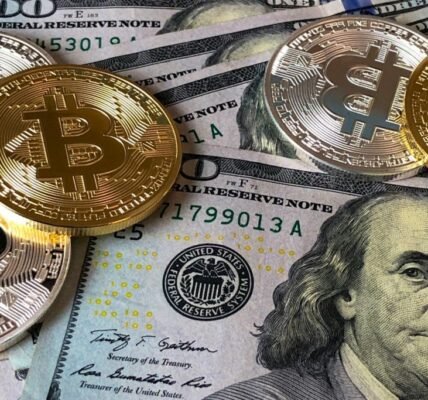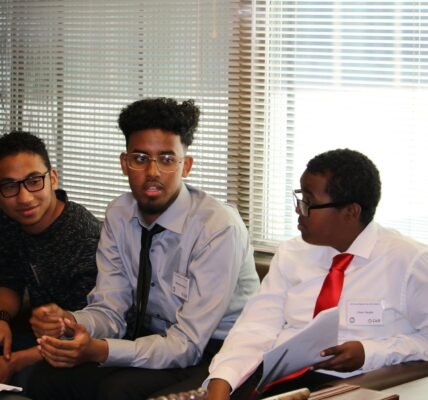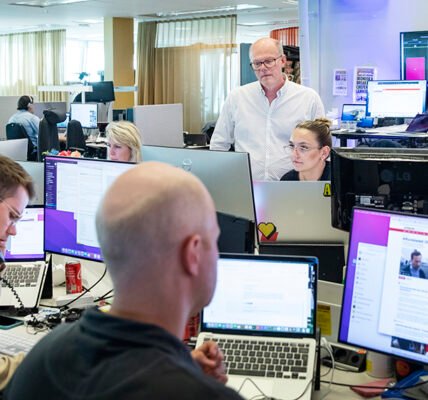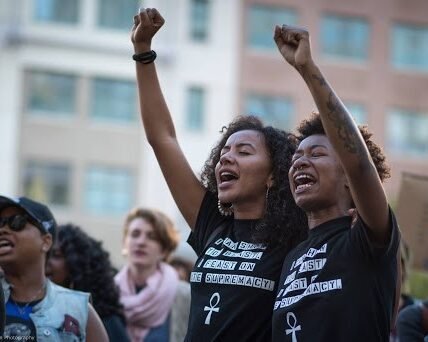In recent years, social media platforms have become key players in influencing public opinion and social trends. Platforms such as Twitter, Instagram, Facebook, and TikTok give individuals the ability to share their perspectives globally in real time, making them powerful tools for shaping conversations. While these platforms amplify diverse voices, they also bring significant challenges, including the spread of misinformation and issues surrounding privacy.
One of the primary ways social media affects public opinion is by mobilizing communities. Whether for political causes, social movements, or environmental activism, social media facilitates the rapid organization and dissemination of information. Movements like #BlackLivesMatter, #MeToo, and climate change advocacy have gained traction through these platforms, illustrating the power of digital engagement in raising awareness and driving social change.
Despite its advantages, social media also has a darker side, particularly when it comes to misinformation. With millions of users consuming content daily, false information can spread swiftly, potentially influencing public perception and even political outcomes. Platforms face increasing pressure to manage this issue, encouraging users to verify sources and fact-check the content they encounter.
In conclusion, while social media provides a valuable space for free expression and engagement, it also requires responsible usage. As these platforms continue to grow, it is crucial that all stakeholders—users, companies, and governments—work together to ensure that social media can be a force for good in society.




